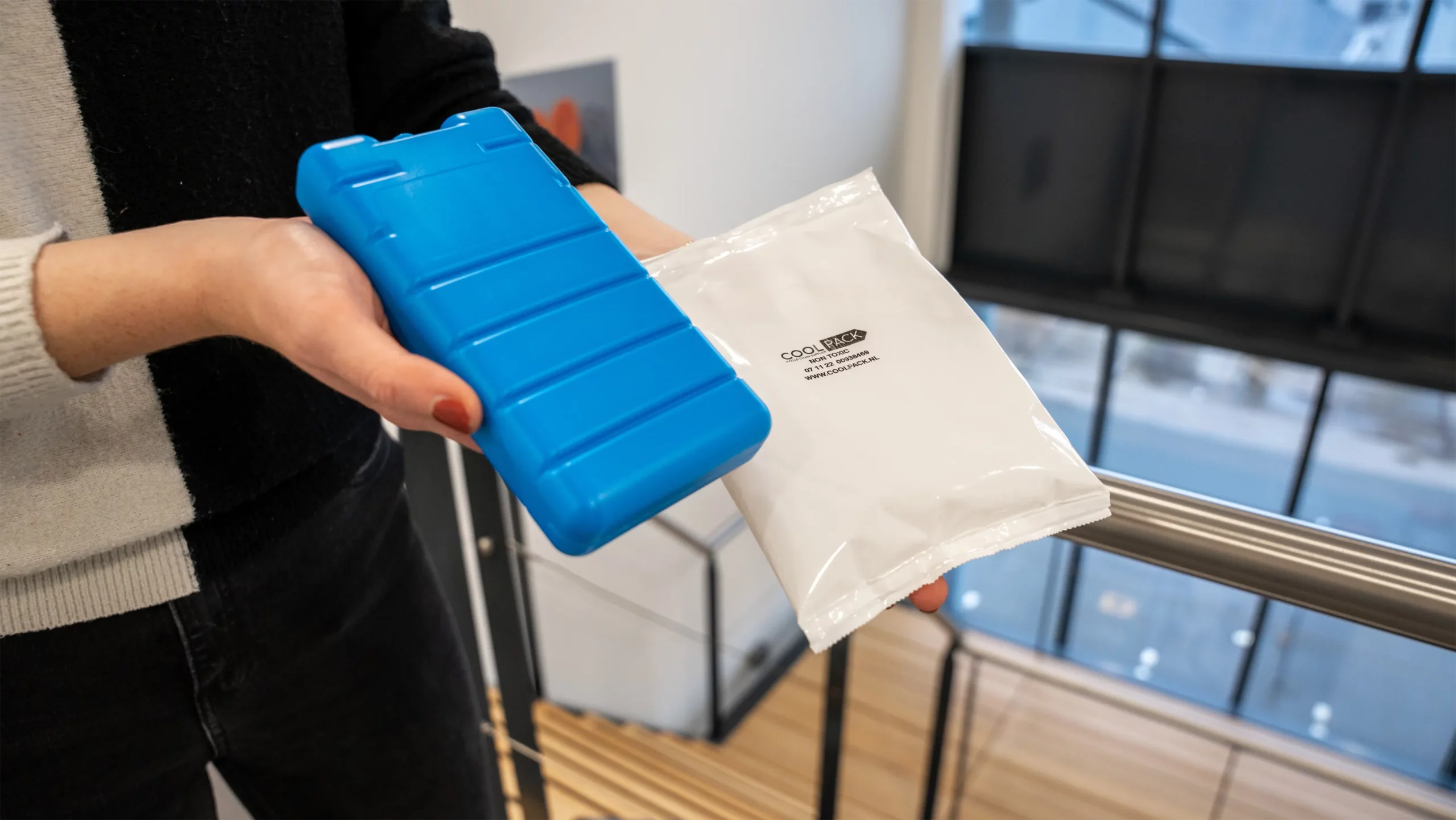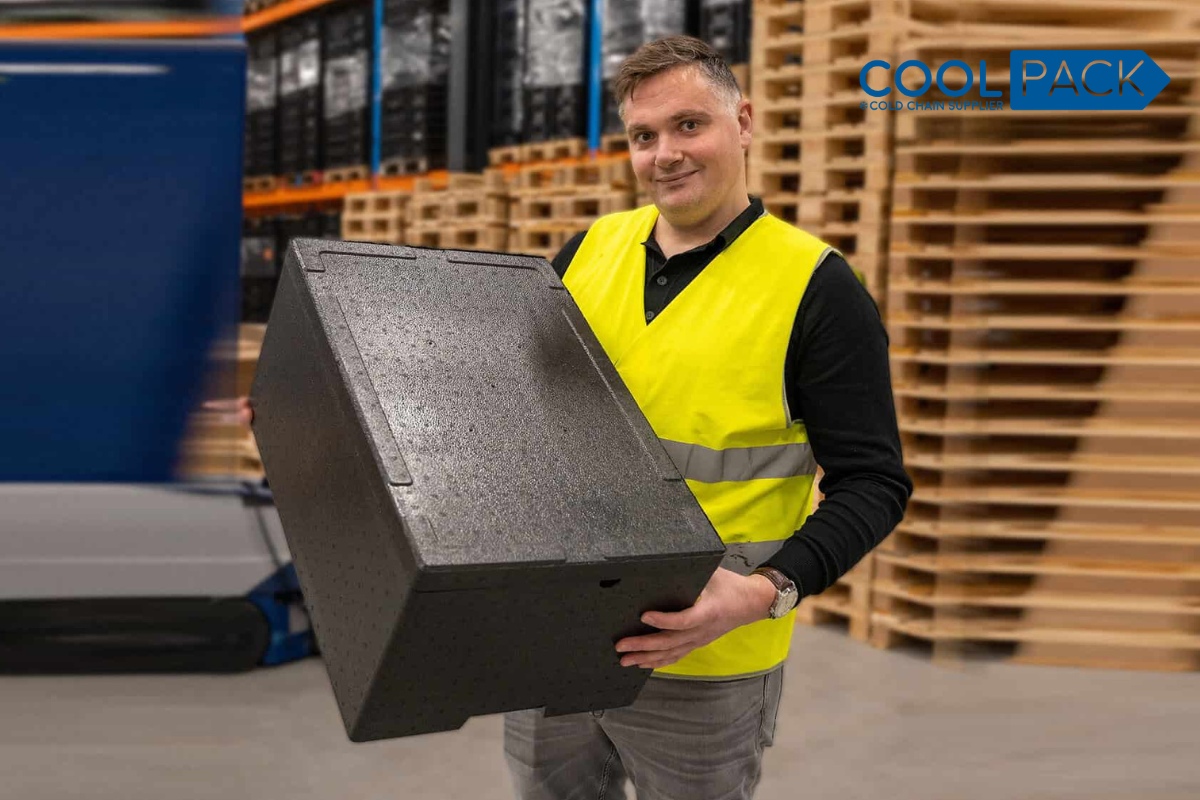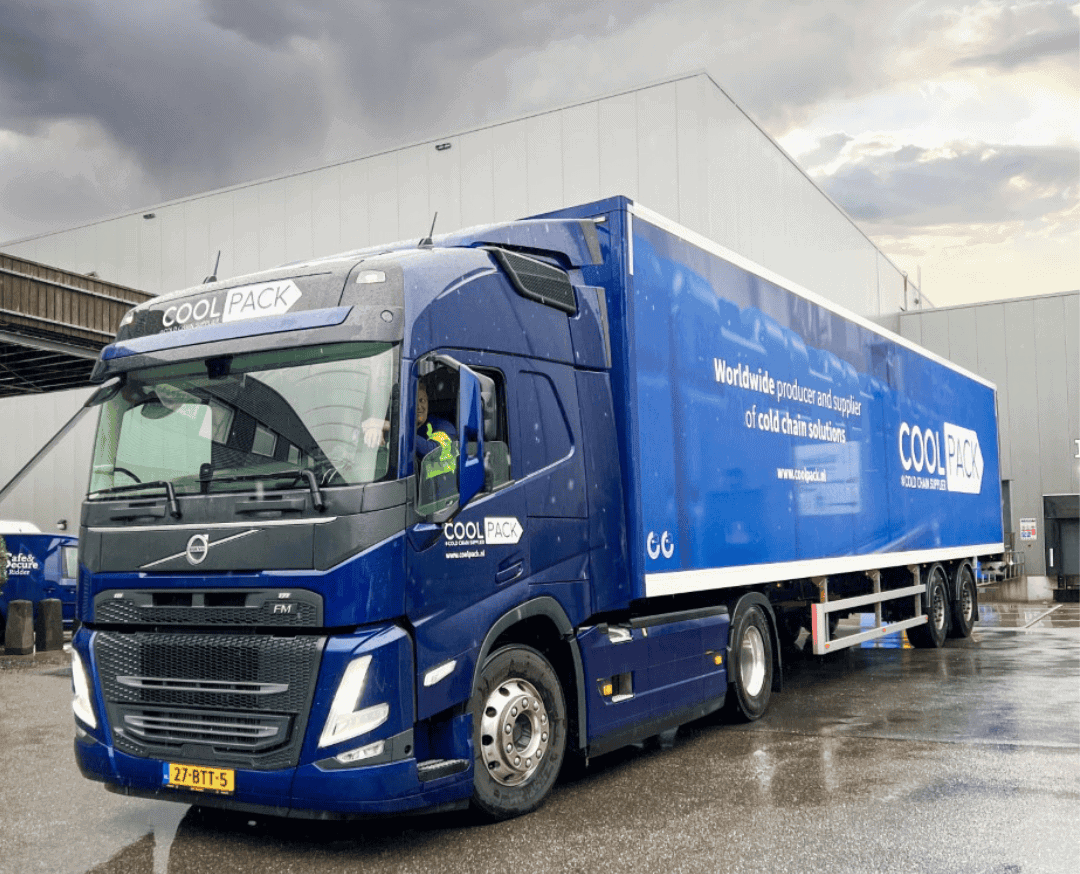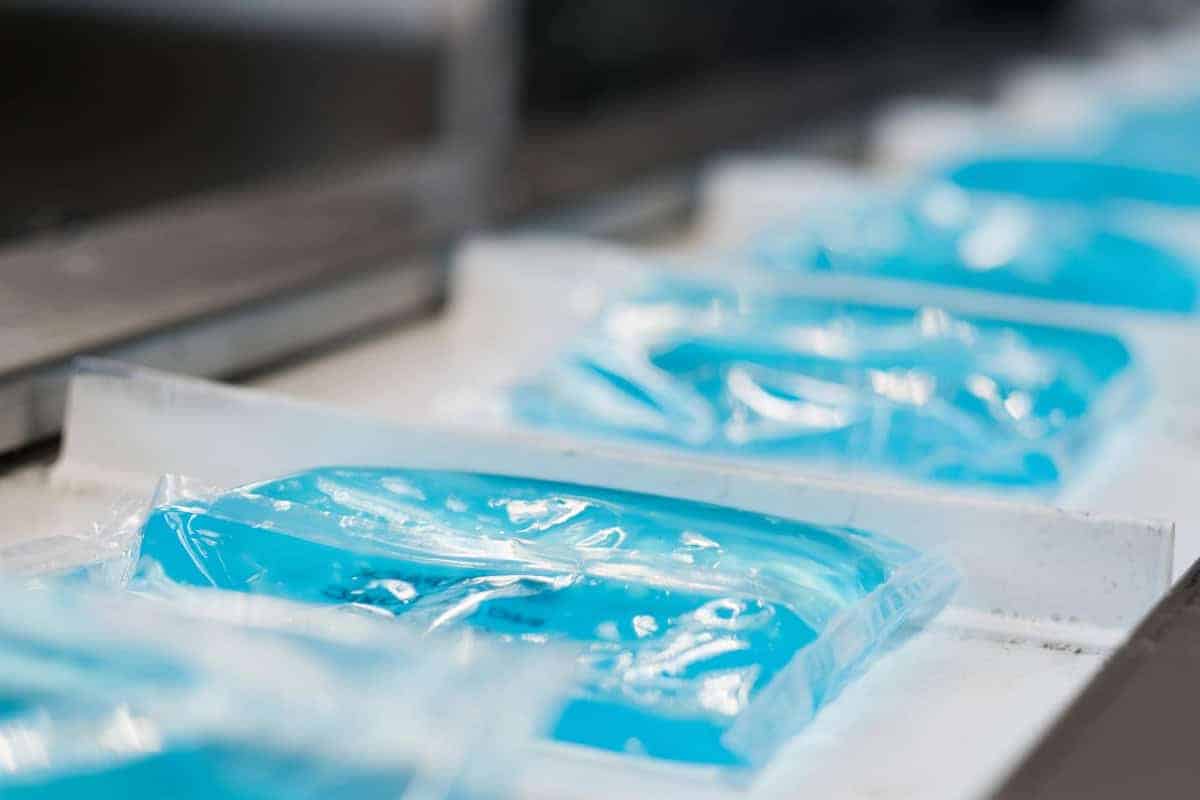Amid escalating global concerns about environmental pollution, sustainability has emerged as an important trend in the European market for temperature-controlled packaging systems. The EU and governments worldwide have implemented stringent regulations to minimise the impact of post-consumer waste. This has prompted companies to reconsider their delivery solutions, particularly in the cold chain.
The rise of sustainable packaging solutions
Governments and other legislative bodies have played an important part in shaping the sustainability landscape. The European Union, for example, has imposed regulations for the recovery of packaging waste. This legislative push has forced companies to innovate and develop more sustainable packaging solutions. Recent developments include the introduction of insulated shipping containers made entirely from renewable materials, such as cotton and other plant-based material. They provide effective and eco-friendly options to ship temperature-sensitive items without contributing to the depletion of natural resources.
Advancements in bioplastic technologies
Another notable innovation is Polylactic Acid (PLA), an innovative bioplastic derived from renewable sources such as corn starch or sugarcane. PLA has excellent thermal insulating properties and is fully biodegradable after composting, making it a sustainable alternative to traditional materials. This advancement is particularly important for industries that rely heavily on temperature-controlled logistics, such as the pharmaceutical sector.
Sustainability in the pharmaceutical industry
The pharmaceutical industry has been at the forefront of adopting sustainable practices within the cold chain logistics. The 2020 Cold Chain Logistics Sustainability Survey by packaging provider Pelican BioThermal, for instance, demonstrates the focus of biopharma companies on sustainability in their business and operational strategies. Approximately 50% of the respondents consistently consider sustainability in their cold-chain purchasing decisions, with 53% emphasizing the importance of choosing packaging options that enhance their organisation’s sustainability profile.
Key features of sustainable packaging
Features such as recyclability, weight reduction and energy-efficient designs are considered crucial in addressing sustainability needs. Reusable packaging further contributes to sustainability efforts in the industry. This shift towards environmentally conscious practices is influencing the European market for temperature-controlled packaging systems. Companies are increasingly integrating sustainability features in their product offerings in response to the demand for eco-friendly solutions from consumers and regulatory bodies alike.
Impact on the European market
As the trend towards sustainability gains momentum, it is expected to shape the future landscape of temperature-controlled packaging systems in Europe. Companies are investing heavily in research and development to create packaging solutions that meet regulatory requirements and cater to the growing consumer demand for environmentally friendly products. This has led to a surge in innovations aimed at enhancing the sustainability of packaging materials and designs.
Case study: Bunzl Group’s sustainable logistics
An exemplary case is the international services and distribution group Bunzl, where sustainability has emerged as a cornerstone of their corporate ethos. Under the expert guidance of Bunzl’s Sustainability Manager, Joost Lips, the company has achieved a remarkable 60% increase in CO2 efficiency since 2010, setting an industry benchmark to be proud of. The joint ambition of Bunzl is to amplify CO2 efficiency by an impressive 25% by 2025, measured against the 2019 baseline, and to have realized a 50% increase by 2030. This strategy encompasses the optimization of transport vehicles, a transition to a sustainable fleet, the seamless integration of green energy into their processes and the continual enhancement of their operational infrastructure.
Market projections
The integration of sustainability into the European market for temperature-controlled packaging systems is expected to be a driver of significant growth and innovation. Companies that adapt to these changes are likely to gain a competitive edge with products that appeal to consumers and meet the standards set by governments and regulatory bodies. As the industry continues to evolve, the focus on sustainable practices will not only contribute to environmental conservation, but also promote economic resilience and corporate responsibility. The pharmaceutical industry, in particular, is leading the way with a strong commitment to sustainable cold chain logistics.
Sustainability at Coolpack
Our commitment to sustainability extends to every aspect of our operations. We prioritize eco-friendly practices by offering recyclable HDPE cooling elements and recyclable packaging. We also have an array of drain-safe colling solutions. Our ISO 9001 and 14001 certifications underscore our dedication to environmental management, ensuring that every step from production to delivery meets stringent sustainability standards. Our proactive approach not only meets regulatory requirements, but also aligns with the growing consumer demand for greener solutions and positions us as a leader in the area of sustainable temperature-controlled logistics.






